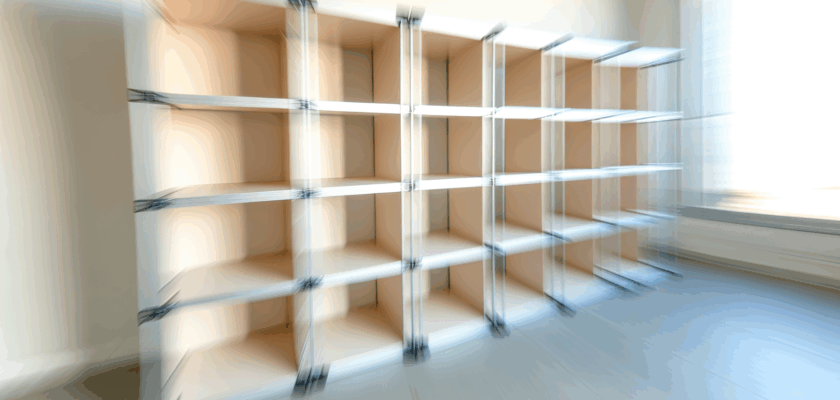In an era where adaptability and space optimization are paramount, modular shelving systems have become indispensable for both residential and commercial environments. These systems offer the flexibility to evolve alongside changing storage needs, providing a scalable solution that traditional shelving often cannot match. As companies and homeowners anticipate future expansion, choosing the right modular shelving system becomes a critical decision to balance current requirements with long-term versatility.
Top Modular Shelving Systems for Flexible Storage Needs
When it comes to modular shelving, brands like IKEA, Elfa, and Container Store’s Elfa system consistently top the list for their comprehensive design and ease of customization. IKEA’s offerings, such as the IVAR and ALGOT series, feature components that can be easily reconfigured, expanded, or combined with other units to suit various storage scenarios. Their affordability and widespread availability also make them a popular choice for initial setups that may require future scaling.
Elfa’s system, meanwhile, is renowned for its robust metal frames and wire shelving, which provide durability alongside flexibility. It is particularly favored in professional settings, such as offices and retail spaces, where weight capacity and aesthetics matter. The system’s modularity allows users to add drawers, baskets, and hooks, enhancing its utility without the need for an entirely new installation.
Another noteworthy contender is the Crate & Barrel modular shelving system, which blends style with function. These units offer customizable configurations that can grow with expanding collections, whether it’s books, merchandise, or household items. Their focus on design aesthetics makes them suitable for environments where the shelving system is as much a part of the décor as it is a storage solution.
Key Features to Consider for Future Expansion
When selecting a modular shelving system, one of the primary features to evaluate is the ease of reconfiguration. Systems that allow shelves to be moved, added, or removed without specialized tools offer significant advantages as storage needs evolve. This flexibility ensures that users can adapt the shelving to new items or increased volume without dismantling the entire structure.
Another critical consideration is the scalability of the system. This includes the availability of compatible add-ons such as extra shelves, drawers, or cabinetry that can be integrated seamlessly over time. A modular system backed by a strong brand or manufacturer support typically provides a wider selection of components, future-proofing the investment and simplifying expansion.
Finally, the material and build quality should not be overlooked. Durable materials like steel or high-grade wood ensure that the shelving can withstand the weight and frequency of use as the system grows. Additionally, finishes that resist wear and tear help maintain the unit’s appearance and functionality during transitions and expansions, ultimately extending the lifespan of the shelving solution.
Selecting the best modular shelving system for future expansion involves balancing flexibility, design, and durability. By prioritizing ease of reconfiguration, scalability, and build quality, users can invest in shelving solutions that evolve with their needs, avoiding costly replacements and disruptions. As storage demands continue to change, these systems represent a practical and forward-thinking approach to organizing space efficiently over time.

